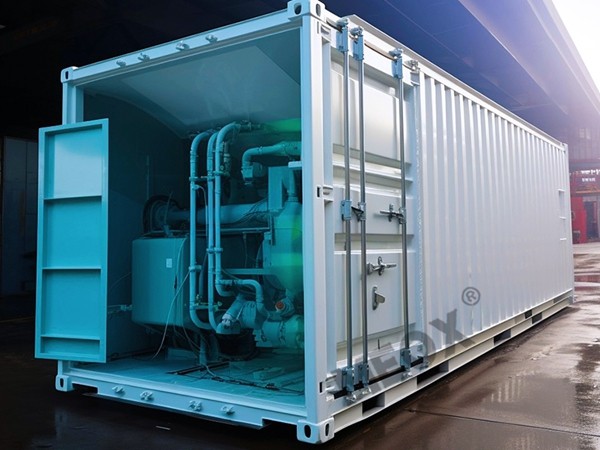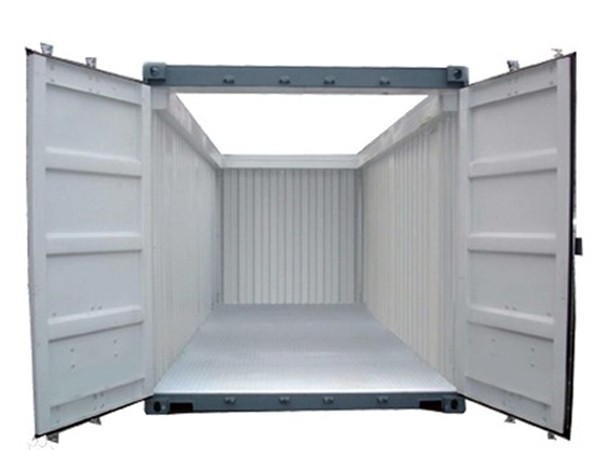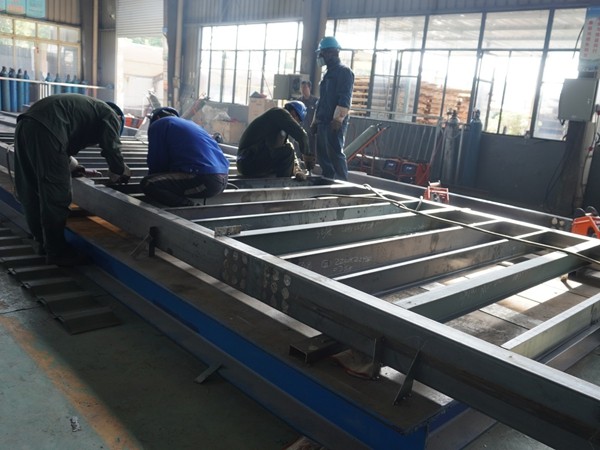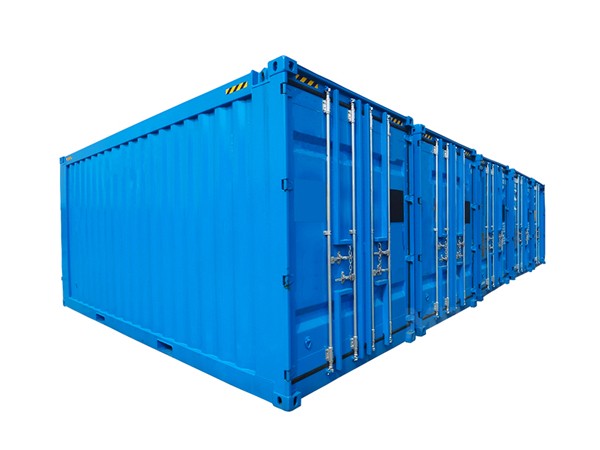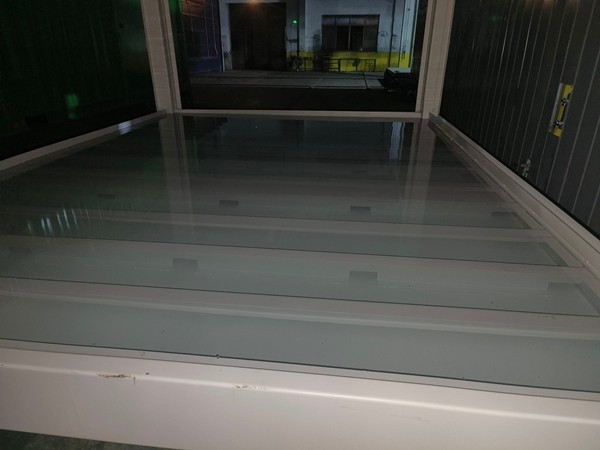Containerized wastewater treatment systems are revolutionizing how industries and communities manage water resources, combining modern engineering with sustainable practices. These innovative solutions package advanced water treatment processes within mobile, modular containers, offering unparalleled flexibility and efficiency.

These systems utilize a range of biological, chemical, and physical processes to treat wastewater effectively. They are designed to accommodate various types of effluent, from industrial discharges to municipal waste. By integrating cutting-edge technologies such as membrane bioreactors (MBRs), advanced oxidation processes (AOPs), and granular activated carbon filtration, containerized systems achieve high-quality effluent standards, meeting strict regulatory requirements and environmental guidelines.
The modularity of containerized wastewater treatment systems is a key advantage. Because these systems are pre-assembled and tested off-site, they reduce the need for extensive construction work, allowing for quick deployment and startup. This aspect is particularly beneficial in remote locations or rapidly growing areas where traditional infrastructure investments would be cost-prohibitive or slow to implement. Furthermore, these systems can be customized and scaled easily to meet evolving capacity demands, providing a future-proof solution to water treatment challenges.
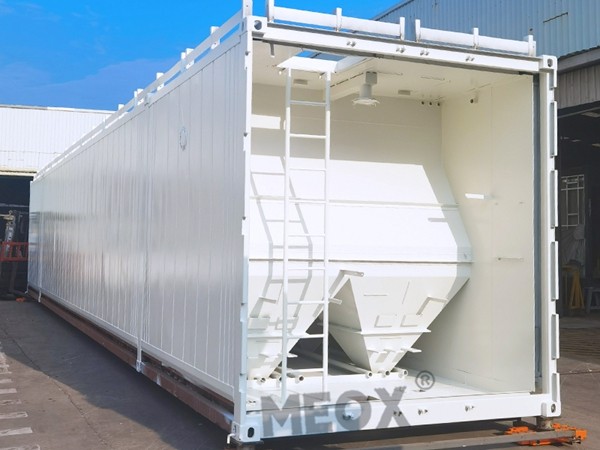
A significant benefit of containerized systems is their reduced environmental footprint. By using less land compared to traditional plants, these systems enable the preservation of natural landscapes and reduce site disturbance. The mobile nature of these containers also means they can be relocated as needed, ensuring optimal resource management across multiple sites or projects.
Energy efficiency and reduced operational costs are key considerations in the design of containerized systems. These systems often incorporate energy-saving technologies such as low-energy aeration systems, solar panels, and heat recovery systems. Additionally, automation and remote monitoring capabilities are typically integrated to ensure efficient operation with minimal human intervention. This not only lowers operational costs but also decreases the risk of human error, enhancing reliability.containerized wastewater treatment
Containerized wastewater treatment systems are also lauded for their robustness and resilience. Constructed of durable materials and engineered to withstand harsh environmental conditions, these systems exhibit long lifespans and reliable performance. Furthermore, many manufacturers provide comprehensive after-sales support, including maintenance services, spare parts, and technical assistance, increasing the trustworthiness of these systems as a long-term investment.
The adoption of containerized wastewater treatment systems is supported by a wealth of expertise from leading environmental engineers, chemists, and logistics specialists. These professionals bring authoritative knowledge to the design and implementation of each system, ensuring it meets specific client needs while adhering to the highest standards of environmental practice. By choosing a containerized treatment system, stakeholders gain access to this pool of expertise, mitigating risks and enhancing project success.
The experience of those who have implemented containerized systems underscores their efficacy and adaptability. From remote mining operations in Western Australia to urban development projects in Southeast Asia, these systems have proved invaluable. Testimonials from users highlight significant improvements in water quality, compliance with regulatory standards, and overall project efficacy, reinforcing their credibility and authority in the water treatment sector.
In conclusion, containerized wastewater treatment systems present a revolutionary, sustainable approach to managing water resources. Combining flexibility, efficiency, and a reduced environmental impact, these systems align with modern demands for responsible resource management and provide a reliable solution tailored to a diverse range of scenarios. As industries and communities continue to recognize the advantages of containerized systems, their adoption is set to grow, underscoring their essential role in the future of water treatment.

